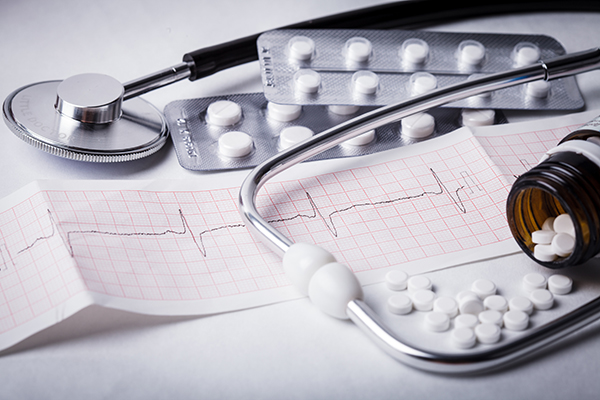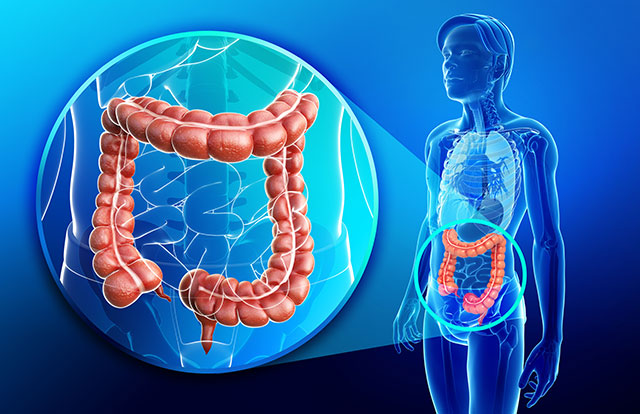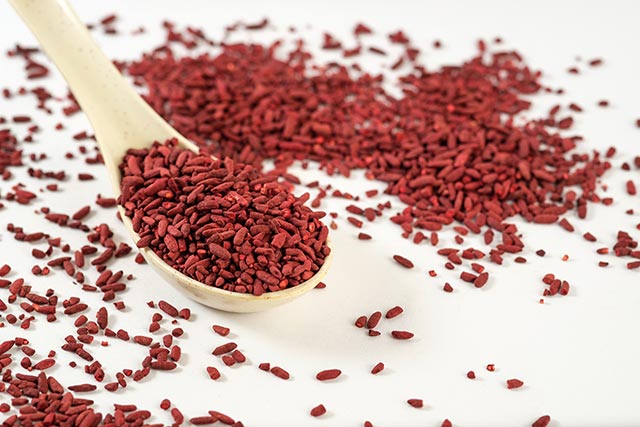Heart health 101: Precautions when using nitroglycerin for cardiovascular conditions
12/06/2019 / By Darnel Fernandez

A healthy heart is often the key to a much healthier life. But when your heart’s arteries are blocked by cholesterol-filled plaque, blood flow is significantly decreased, making it difficult for the heart to supply itself with oxygen-rich blood. If a person were to do any physical activity or experience stress, the heart’s sudden demand for blood could lead to an intense chest pain known as angina. Doctors often recommend the use of nitroglycerin to relieve the pain caused by this condition. But it’s worth noting that there are risks associated with taking this drug.
The risks and precautions when taking nitroglycerin
Nitroglycerin is a prescription drug that is usually used for treating angina and chronic anal fissures. While it may seem like a disease on its own, angina is usually a symptom of an underlying heart problem, usually coronary artery disease (CAD). According to the Centers for Disease Control and Prevention (CDC), CAD is the most common type of heart disease in the United States, killing more than 370,000 people annually.
This drug works by widening the arteries, allowing blood to flow easily. To do this, the body breaks down nitroglycerin into a gas known as nitric oxide. Nitric oxide is a vasodilator, which means it relaxes the smooth muscles within the blood vessels.
When a person is affected by an angina attack, they will experience extreme discomfort and intense pain. After taking nitroglycerin, its effects will start to take hold within one to three minutes, but it takes its full effect only after five minutes. When used for anal fissures, nitroglycerin ointment can help relax the anal sphincter. This will lower pressure in the area and promote blood flow, speeding up the healing process.
However, as with all prescription drugs, nitroglycerin is not without its side effects. Within the first few hours of taking this drug, nitroglycerin can cause dizziness, which could make it difficult for you to drive a vehicle or handle machinery. Other side effects include the following:
- Headaches
- Weakness
- Faster heart rate
- Nausea
- Excessive sweating
- Vomiting
Taking nitroglycerin is also known to lower your blood pressure. Changing positions too quickly, like standing up, could lower your blood pressure even more, which could put you at risk for fainting. If the other side effects experienced are mild, they would subside within a few days to a couple of weeks. However, if they get worse or don’t go away within a certain time frame, the best course of action is to consult a healthcare professional.
Some people can also experience allergic reactions to nitroglycerin. Symptoms include breathing troubles and swelling of the throat and tongue. Taking alcohol alongside this drug is also not recommended because drinking alcohol could increase your risk of low blood pressure caused by this drug.
Natural alternatives to nitroglycerin
Fortunately, there are other options available that could be just as effective as nitroglycerin. Treatment of angina is usually based on changing lifestyle choices and certain medicines. Home remedies for this condition focus on relieving discomfort and pain. Here are a few home remedies you can try to help relieve yourself from angina:
- Adopt more vegetables to your diet. A person should cut their red meat and dairy consumption as these products are often rich in cholesterol, which could hurt your heart health. By transitioning to a plant-based diet consisting of vegetables that have less fat and cholesterol, not only could you relieve yourself from the pain of angina but also maintain your overall health. (Related: How to prevent, treat, and reverse heart disease with diet and natural remedies.)
- Have vitamin C every day. Citrus fruits like lemons and oranges can help you fight angina. The vitamin C levels in these fruits can help you avoid the accumulation of cholesterol, which, in turn, prevents the blockage of your blood vessels. Lemon, in particular, can be an excellent addition to your everyday diet by drinking fresh lemon water.
- Eat honey. You can combine lemon and honey to create a herbal remedy that could help clear blood vessels and reduce cholesterol accumulation. In addition, honey could also help control fat content.
Keep your heart healthy and strong by following tips and tricks on preventing and treating various heart conditions at HeartDisease.news.
Sources include:
Tagged Under: angina, cholesterol, food is medicine, heart disease, heart health, home remedies, nitroglycerin, nutrients, Prescription drugs, vasodilator, veggie
RECENT NEWS & ARTICLES
HeartDisease.News is a fact-based public education website published by Heart Disease News Features, LLC.
All content copyright © 2018 by Heart Disease News Features, LLC.
Contact Us with Tips or Corrections
All trademarks, registered trademarks and servicemarks mentioned on this site are the property of their respective owners.




















